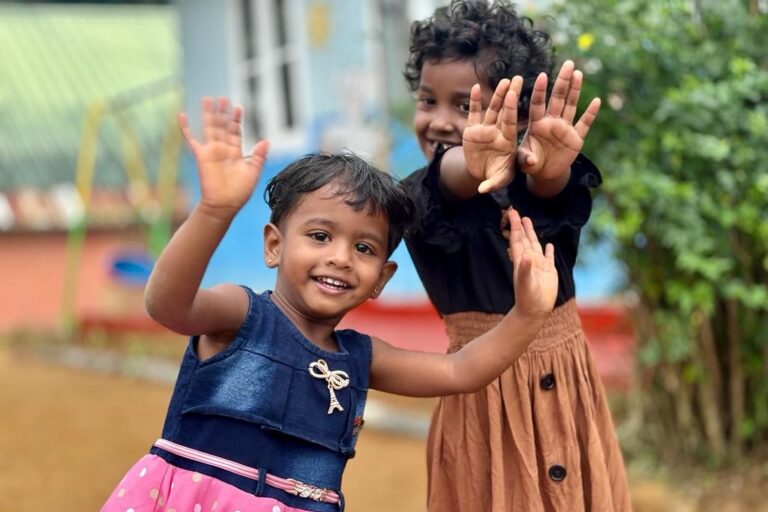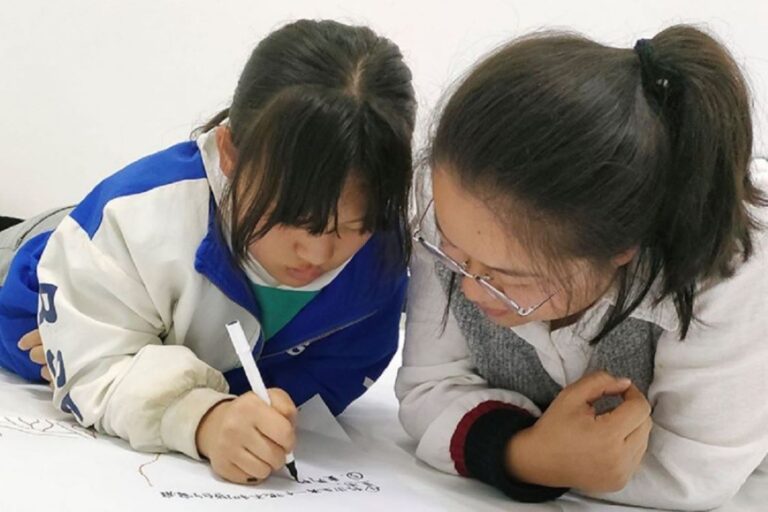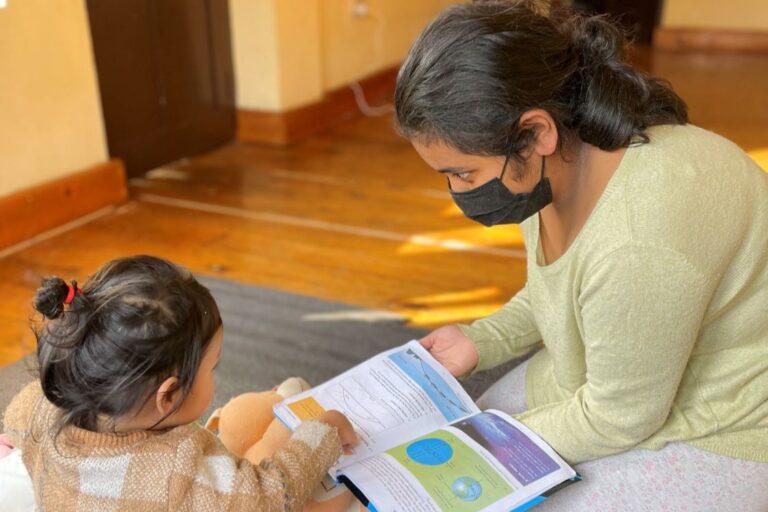Violence and abuse have a devastating impact on children. Yet right now, millions of children across the globe continue to experience forms of violence and abuse. Violence takes place at home, in school, online, in institutions, in the community, in armed conflict and in disasters. It can seriously affect a child’s development, dignity, and physical and psychological integrity. At Save the Children, we strive to ensure that violence against children will no longer be tolerated.
Worldwide

1 IN 4
Women aged 20-24 were child brides.

732M
School-age Children not legally protected from corporal punishment

8M
Girls aged 15-19 have experienced sexual abuse
*Data from Save the Children UK
Our Impact in 2023
Save the Children Hong Kong supported protection programmes in various countries, including Bhutan, China, Sri Lanka, Laos and Mongolia, directly providing services to 162,163 children and adults.
Sri Lanka: Cultivating a Child Protection Culture and Community
In Sri Lanka, where poverty and risks of violence persist among children in tea plantation communities, we partnered with a local NGO to launch the Mother & Child Plantation Programme.……
China: Protecting Children from Violence with a Child-Friendly Space
Save the Children implemented a community-based service platform in 2022, which was piloted in the Child-Friendly Space of Tongtong’s community, with the aim of protecting children from all types of violence.……
Bhutan:Empowering Communities to Address Violence Against Children
In Bhutan, people from across the country flock to Thimphu seeking employment and opportunities, but often end up in urban poverty, experiencing violence, and mental health issues. Dema, a 17-year-old girl living in Thimphu with her family, already has two children as a victim of sexual abuse……




